Meet Tsedey Pretto (she/her/hers)
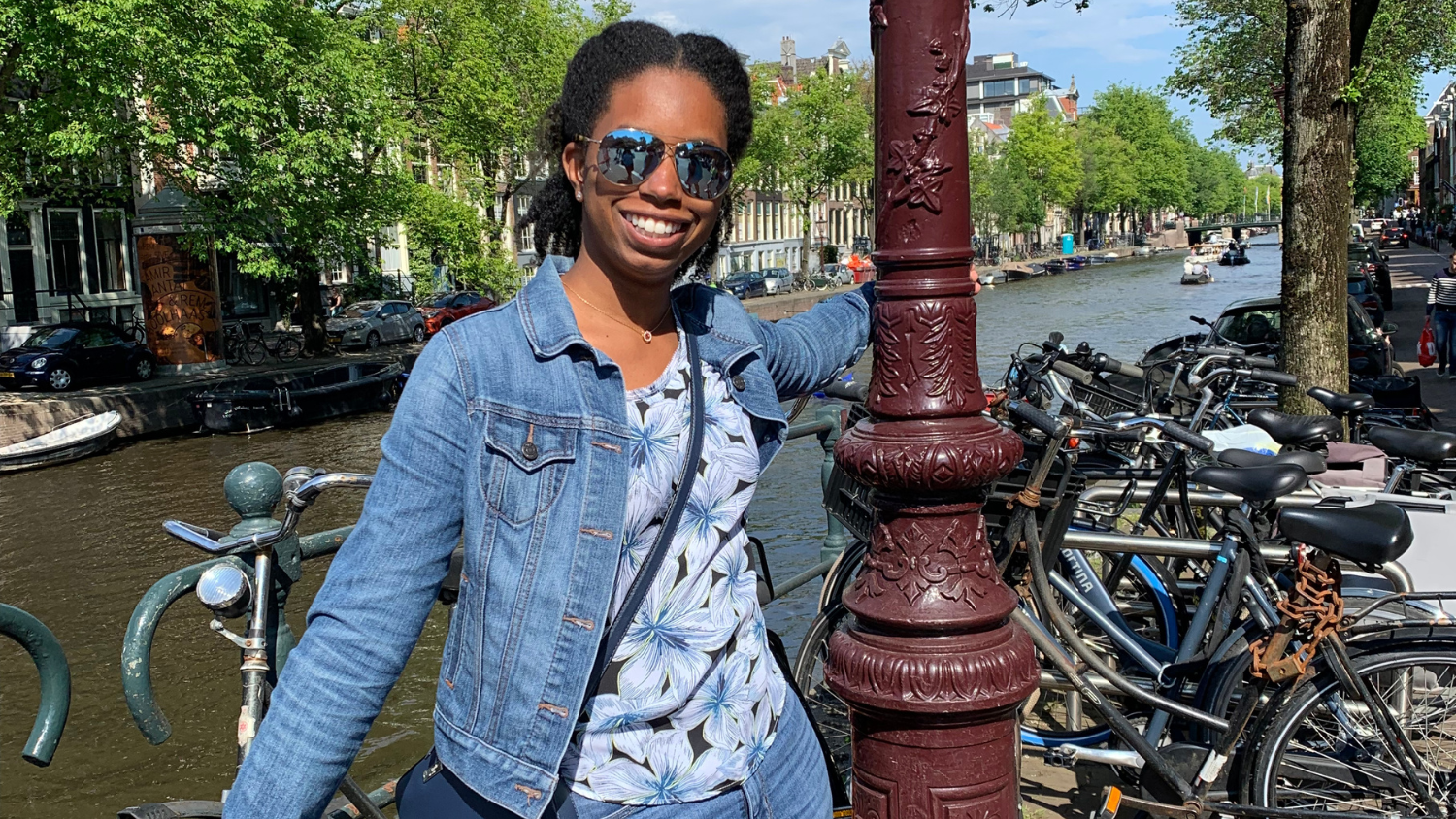
Program and Location:
Summer, Universite Catholique de Lille; Lille, France
Major/Minor:
English & French with a Minor in International Studies
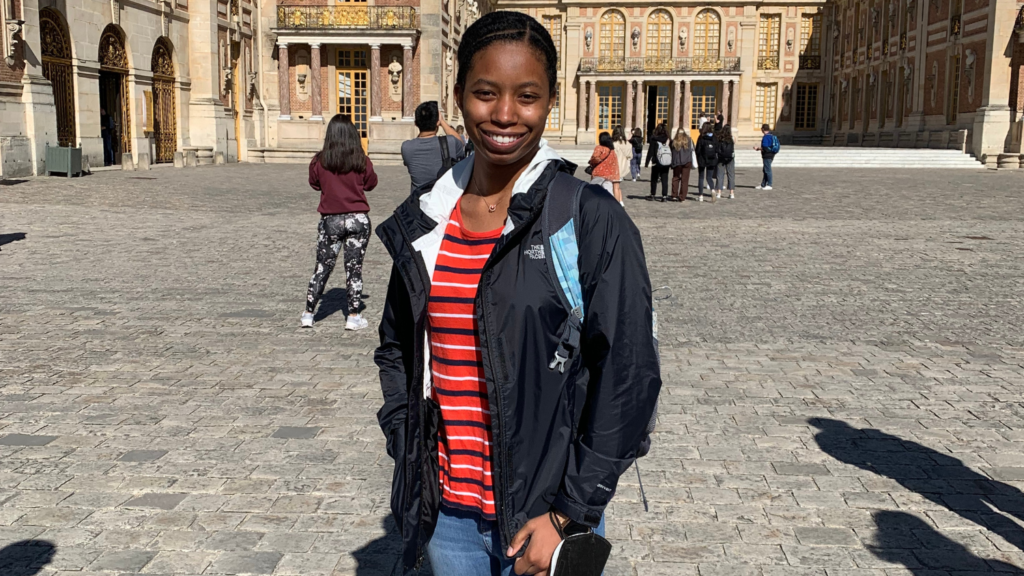
Why did you choose to study abroad?
I have always enjoyed traveling and exploring new cultures; however, I have spent a maximum of two weeks at any location outside of the United States. I was looking for an opportunity to really engage with a culture on a deeper level than a tourist would. It also didn’t hurt that I was majoring in a foreign language which all but requires students to study abroad.
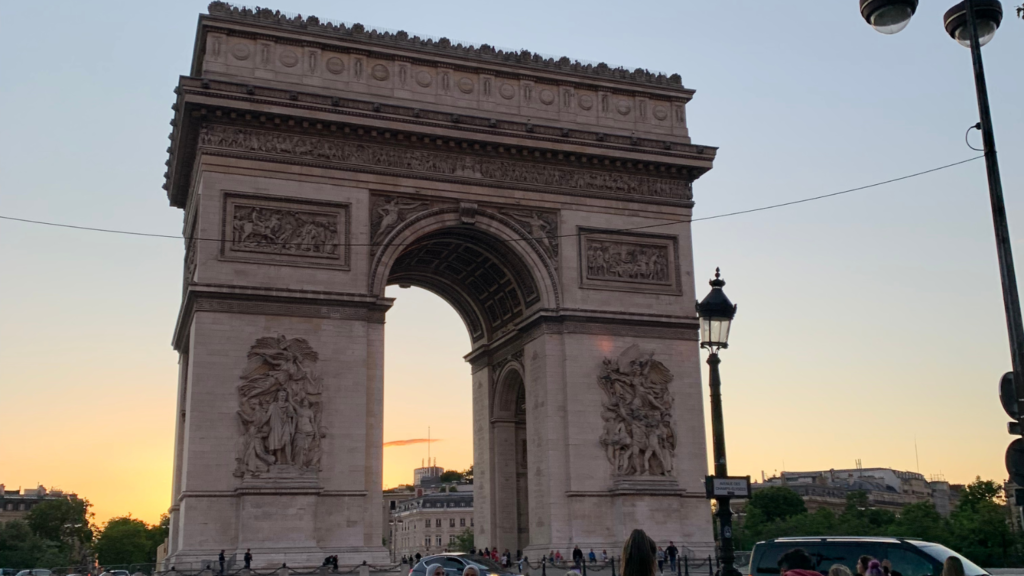
What did you learn about yourself?
Going into this experience, I already knew that I was rather reserved and a perfectionist; a combination that does not bode well for language learners. I would often dwell on mistakes or faux pas that I had made, sometimes for weeks. Being in a foreign country with a different language, I had to learn to step out of my shell and not be afraid of making mistakes when speaking — because I made plenty. Making those mistakes taught me that I can recover quickly and apply what I learned to future interactions.
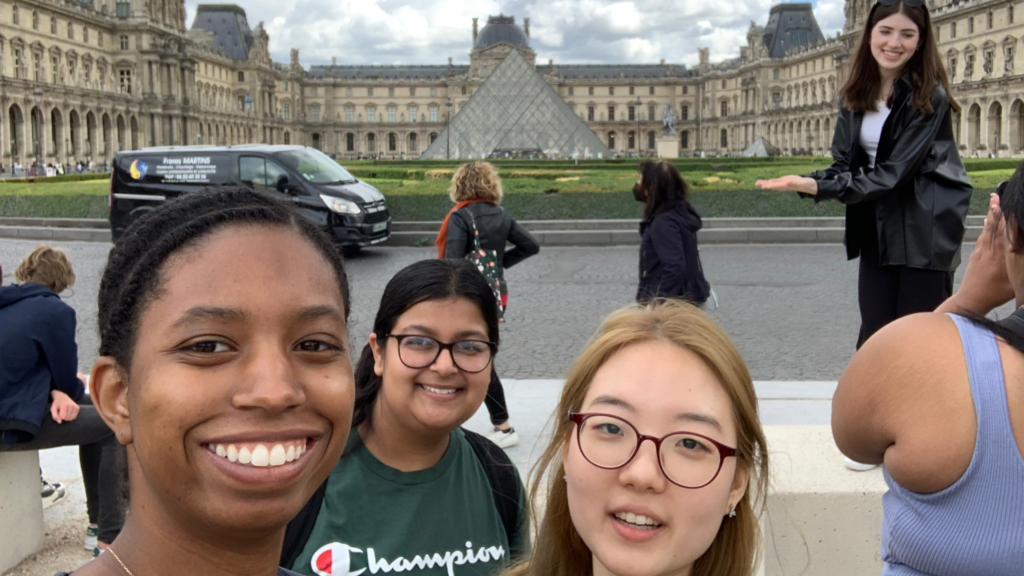
What was one of your favorite parts of your program?
There were many wonderful parts of the program, but my favorite would have to be anytime we were able to go out. While we were staying in a dorm, the local students kept to themselves so there was little opportunity to talk to them. Thus, most of my engagement with the locals was during outings. One of the more memorable moments was going to an escape room. It was a challenge, but it was super fun!
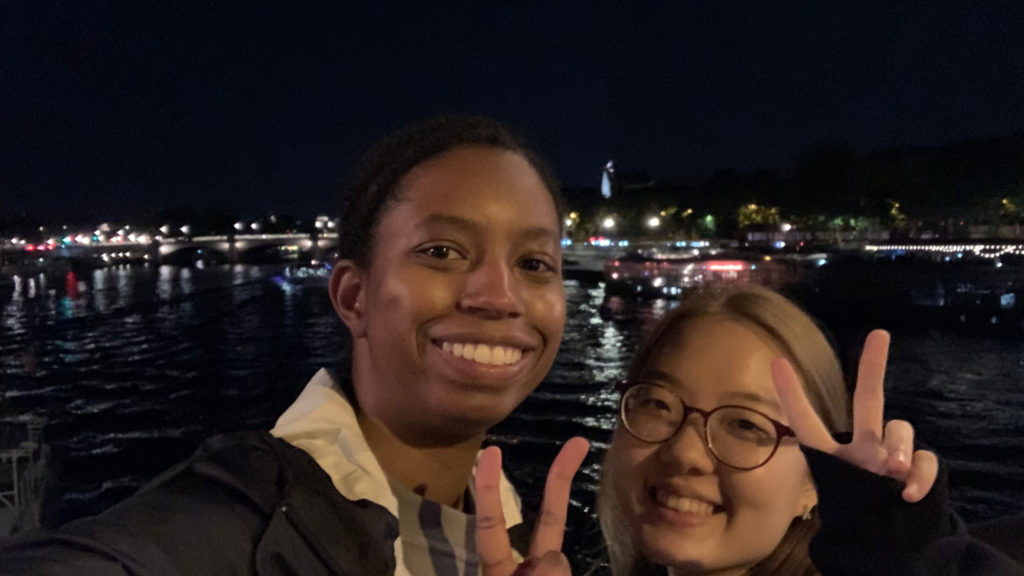
How did your study abroad experience prepare you for your future career?
The work of developing with an eye toward sustainability–a global issue–requires that the next generation of mechanical engineers be ready to work with the knowledge required to work globally. My time abroad, meeting and interacting with current and future mechanical engineers, getting a sense of different conceptions of leadership, innovation and collaboration, has helped me to develop the cultural competencies I need to adapt to and work with a global workforce and to be able to place whatever project I am working on in a global context.

How were your classes abroad different than if you would have taken them at NC State? Did you take any field trips or do anything outside of the traditional classroom?
The structure of the courses and the way that the content was taught was not too different. The biggest adjustment was the length of the class. We had two classes that met every day, Mon-Fri and each class was three hours each. Our professors allowed a 15-minute break in the middle but at times, it was brutal. Even in other summer courses that met Mon-Fri, we never met for three hours each day. Our program had both required and optional field trips. The ones I was able to participate in were the trips to Belgium (Brussels, Brugges, Ypres), Nausicaa (Europe’s largest aquarium), La Palais de Beaux Arts (the first French museum that was meant to be a museum), La Piscine (a museum that used to be a pool), and Normandy. Outside of the host university’s field trips, the NC State students also went to Paris, Calais, Avesnes, and Amsterdam.
What advice do you have to future study abroad students?
1. Make the most of your time! Explore, get out there, and don’t be afraid to talk to locals. While it may seem long at first, time will pass very quickly and before you know it, you’ll be back home.
2. Make connections! You may find your next best friend, but you won’t know until you put yourself out there. Once you return home, keep in contact with those you met through the program. They can help you readjust to being back home.
3. Anticipate culture shock and seek out a support system! Fortunately, I was able to go on an NC State-directed program. We had two professors from NC State who we would check in with periodically and who were our main resources if we had any issues. If you have the same type of program, maintain contact with these types of directors. If you are enrolling directly, find either a counselor or another contact who you can come to with any issues or concerns. Anticipating the culture shock made it easier to adjust but our directors also helped in acclimating us to the new space.
Would you do it again?
Absolutely! But, maybe in a different location.